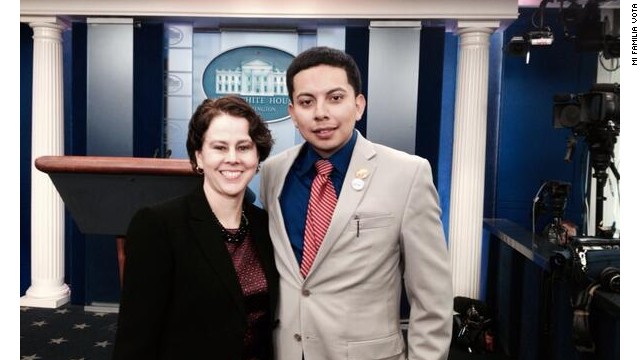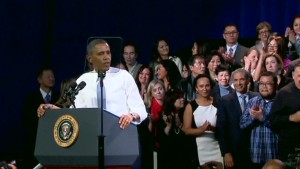SAN DIEGO, CA–(Marketwired – Feb 3, 2014) – The San Diego immigration attorneys at the Golden State Law Group represent clients facing several different types of legal challenges that include issues relating to visas, green cards, status adjustments, family immigration, asylum, naturalization, deportation cases and business immigration. The attorneys at the firm have recently reviewed a study that was published regarding the effect of immigrant high-tech workers on the number of jobs held by Americans and they would like to alert the public to these findings.
Specifically, the study is entitled, “Skilled Immigration and the Employment Structures of US Firms” and a link to the Executive Summary can be found here. The research was completed because of collaboration between professors at Harvard University, Wellesley College and Johns Hopkins University. It concerned the notion that skilled immigrant workers in the technology field were forcing American citizens from high-tech jobs. The study concluded that this notion is false.
The conclusions of the analysis were three-fold. First, the study concluded that hiring skilled immigrant workers raised the overall employment of skilled workers at the firm. Secondly, the study found that hiring skilled immigrant workers increased the immigrant share of these workers. Finally, the study found that hiring skilled immigrant workers reduced the overall number of skilled workers under the age of 40.
Overall, the researchers concluded that the hiring of a high number of skilled immigrant workers within the technology field did not force Americans out of jobs, but instead slightly increased the number of skilled jobs necessary for a company in order to continue to grow. The study also concluded that in general, the workforce within the technology field is getting younger, regardless of whether new workers being hired are immigrants or Americans.
The San Diego immigration lawyers at the Golden State Law Group have represented many skilled immigrant workers who have pursued and obtained what are known as H1-B visas. These visas allow skilled foreign workers to remain in the United States if that person’s employer can demonstrate the necessity to hire that person. ”Skilled immigrant workers are not pushing Americans out of jobs,” said David Weil, an attorney with the Golden State Law Group. ”This notion needs to be revisited by people who believe it and people who are experiencing problems with their H1-B visas need to make sure that they get those problems resolved,” Weil added.
About the Golden State Law Group
The Golden State Law Group is a team of San Diego immigration lawyers who have been helping clients with several immigration-related issues for several years including helping with their visas, their asylum statuses, deportation defense issues, family integration matters and many others. The firm also provides legal representation for people in need of help with bankruptcy cases and with personal injury matters.
- Company Legal & Law Matters
- Immigration Issues
David G. Weil
Golden State Law Group
http://www.goldenstatelawgroup.com/
619-234-3333
Source Article from http://finance.yahoo.com/news/attorneys-golden-state-law-group-234353721.html
Attorneys at Golden State Law Group React to Study Regarding Immigrant Workers
http://finance.yahoo.com/news/attorneys-golden-state-law-group-234353721.html
http://news.search.yahoo.com/news/rss?p=immigrant
immigrant – Yahoo News Search Results
immigrant – Yahoo News Search Results







